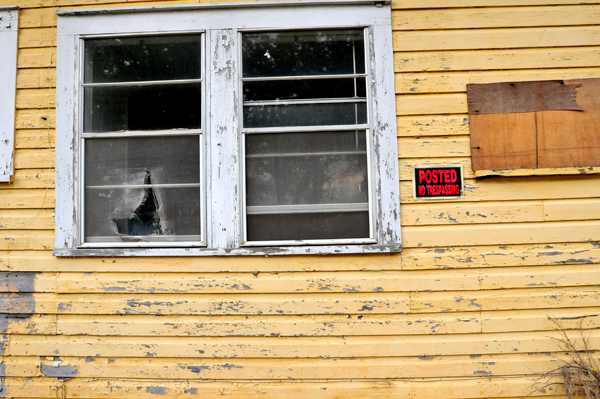The High Price of Stability

The US Census Bureau released its 2007 data last week, and tucked in among the facts and figures was one statistic that made headlines: More than 7.5 million Americans–almost 15 percent of American homeowners with a mortgage—are spending half of their income or more on housing.
This issue of housing has been very much on my mind lately. I live in a small apartment in the Boston area, and though my rent isn’t sky-high, it’s not exactly cheap, either. Meanwhile, I’ve recently attended several barbecues at the homes of other 30-something friends and colleagues, where I heard over and over about the perks of homeownership.
For the price of a down payment and a mortgage, I could have a tree-lined backyard, ideal for growing tomatoes, playing croquet, and hosting barbecues. I could paint my walls another color besides white. I wouldn’t wake up to my neighbors inexplicably hammering at 3 a.m. And though my friends didn’t say so, I know there are intangible benefits, too: If you own a house, you’re perceived as a solid citizen, a working adult with a stable future.
But then I think about Biloxi, Mississippi, where I visited Oxfam’s Gulf Coast recovery program in June. Housing is a huge issue there. Hurricanes Katrina and Rita wiped out thousands of affordable houses and apartments in the region, and three years later, only a fraction of those homes are slated to be rebuilt. The remaining homes have become pricier since the storms, in effect squeezing people out of their own neighborhoods. Despite the efforts of programs like Oxfam’s, many residents are struggling to find a permanent place to live.
And I also think about the tanking US economy, and what those 2007 census numbers really mean: If you’re spending more than half your income just to keep a roof over your head, you probably don’t have a lot left over for other things, like groceries and medical care.
I think about all of this—and I decide that for now, my small apartment looks pretty good. After all, I can always buy earplugs to drown out the hammering.